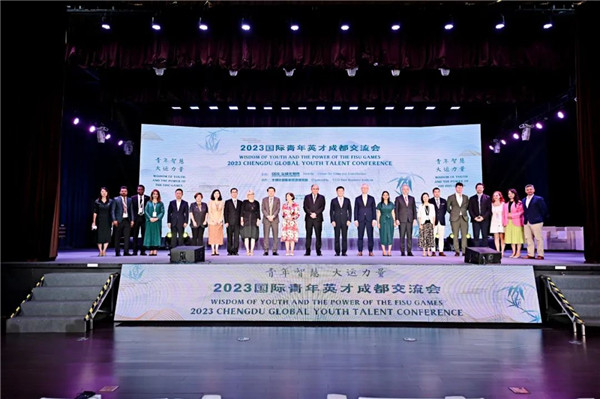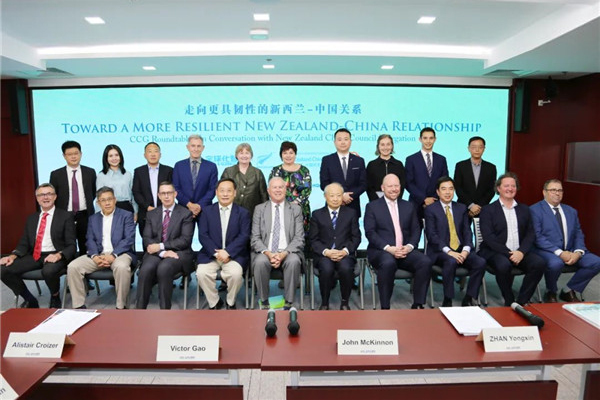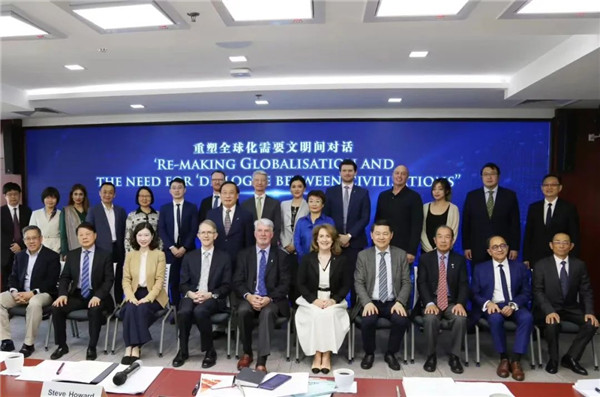The post 90s entrepreneurs: the beneficiary of China’s national policy on innovation and entrepreneurship
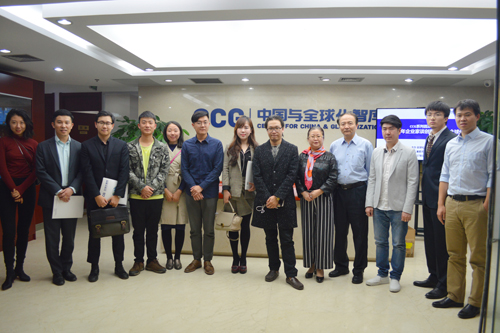
On Oct 13, 2017, Center for China and Globalization (CCG) held a seminar with Mesopotamia Community on the topic of startups of entrepreneurs born after 1990. Both the post 90s entrepreneurs and post 60s, 70s and 80s entrepreneurs attended the seminar and they had a heated discussion on the current trends of startups.
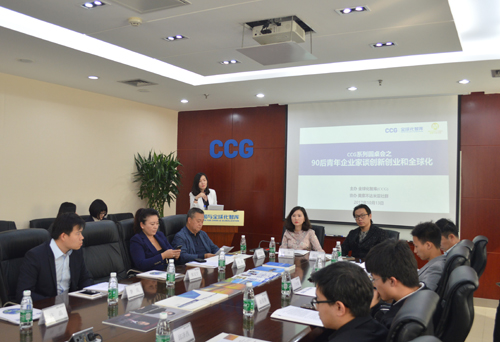
As innovation and startups have become the new driver of China’s economic development, they have been given more attention than before. The seminar, targeting at the exploration of issues and solutions in young people’s new business, invited many entrepreneurs to share their opinions. The guests included:
- Ding Shiyuan, the founder of DDLife;
- Xu Shidong, the President of Connor Group;
- Qiu Zexi, the founder of CM Menswear Customization;
- Tang Haoxuan, the President of Fueta International Co., Ltd;
- Fu Miao, the CEO of Galaxy Internet;
- Xu Jing, the President of DuanAo Technology.
The seminar was hosted by Tang Beijie, the Deputy Secretary- General of CCG.
The post 90s has been leading innovation and new startups
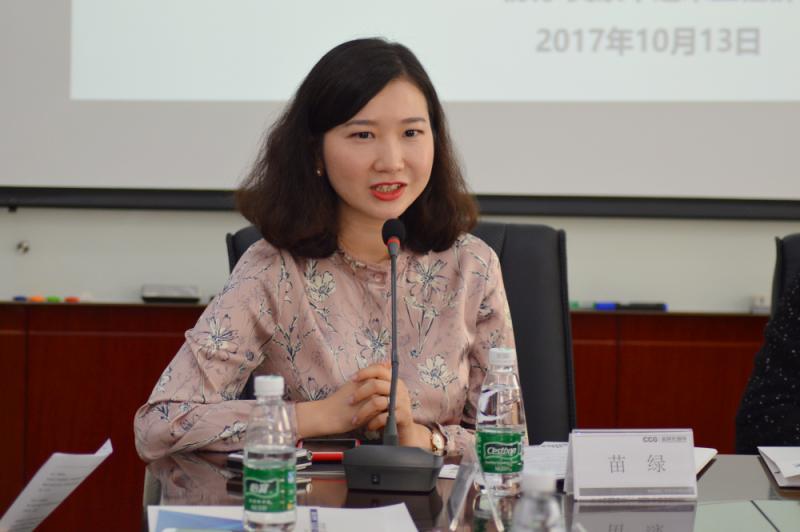
In her opening address, Dr. Miao Lu, the Secretary-General of CCG mentioned that currently the post 90s entrepreneurs have been the main force of China’s innovation and new startups. So far as estimated, there are more than 1.15million post 90s entrepreneurs in China. Their businesses cover a wide range of industries and are based in different areas across China and even the world. Many of them have achieved success.
The distinct of post 90s entrepreneurs
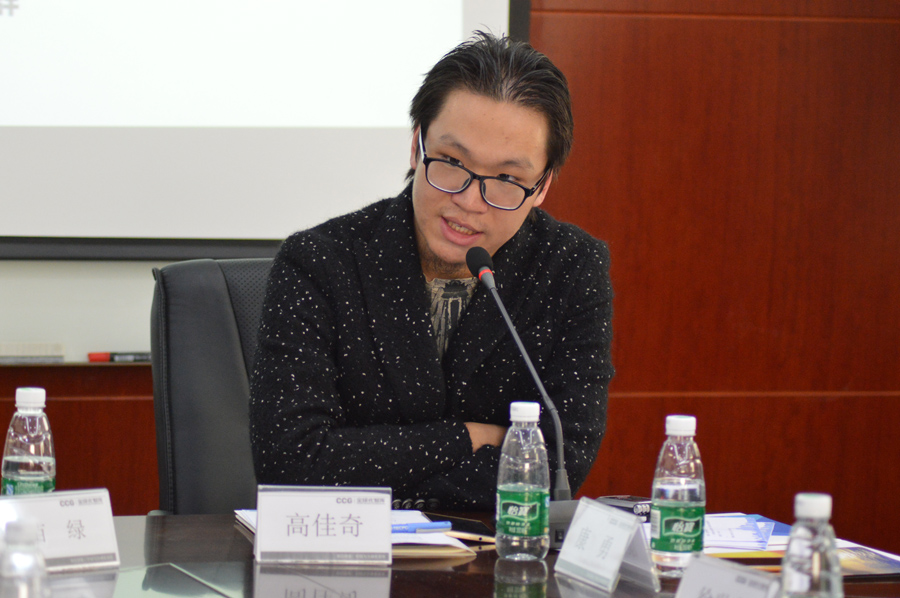
Gao Jiaqi, the founder of Mesopotamia Community, stated his confidence about the post 90s entrepreneurs in China.
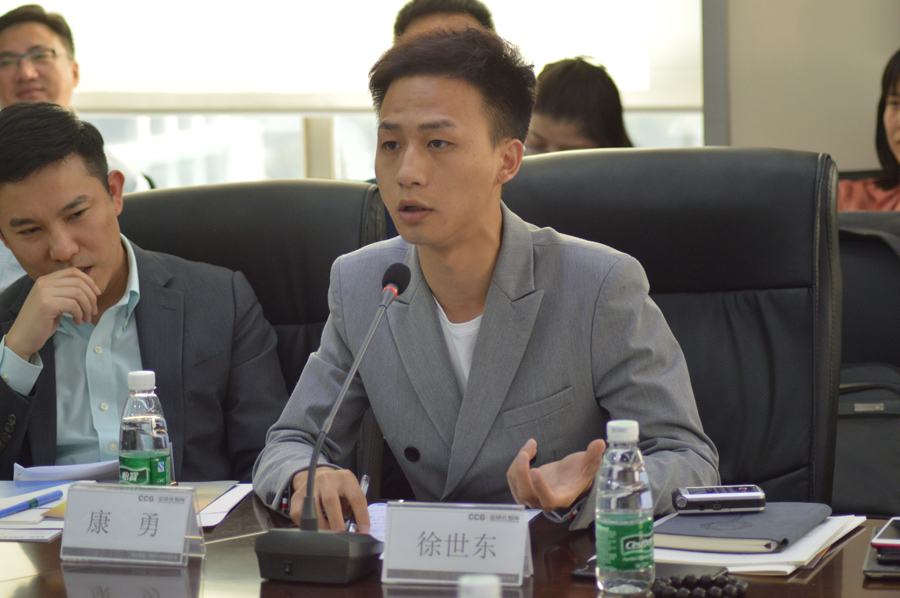
According to Xu Shidong, the President of Connor Group, the distinct of the post 90s entrepreneurs lies in their courage and boldness.
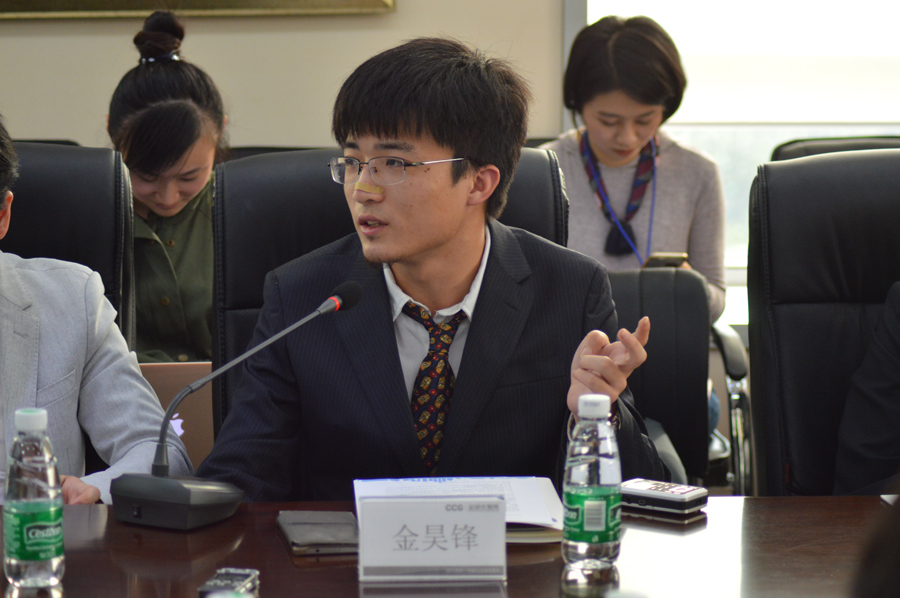
As characterized by Jin Haofeng, the CEO of Mesopotamia Community that in comparison to previous generations, the post 90s entrepreneurs have relatively less financial and familial burdens so that they could devote more passion and time to innovation and opening new businesses. However, compared to more experienced entrepreneurs, the post 90s still lacks experience in business strategies and they need more time to accumulate more knowledge of practice and business rules.
The post 90s entrepreneurs are the beneficiaries of China’s national policy on innovation and entrepreneurship
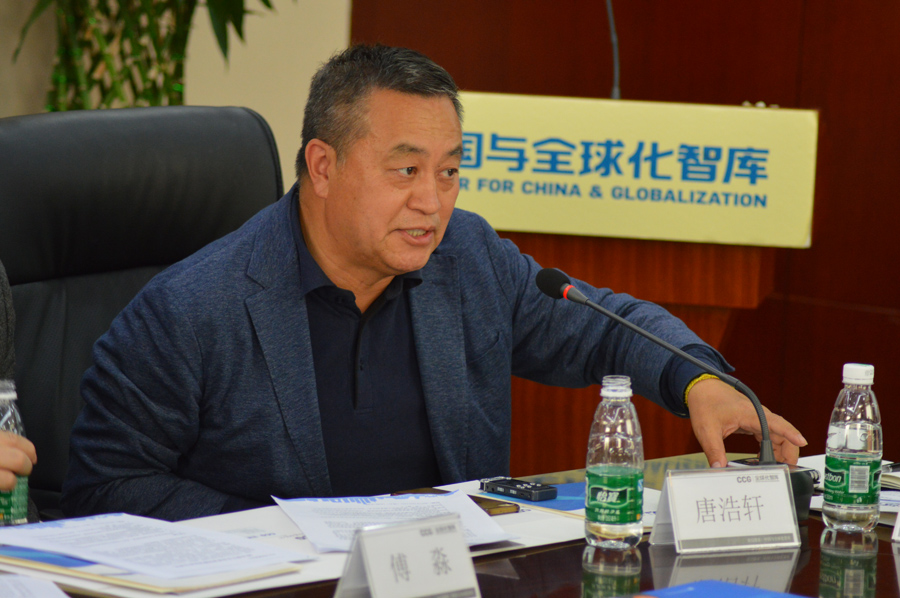
From the standpoint of more experienced entrepreneurs, the post 90s entrepreneurs benefit much from the current policy on innovation and entrepreneurship. China now has provided more convenience to young people’s new business and the whole of society is also in support of them. In the view of Tang Haoxuan, the President of Fueta International Co., Ltd, the post 90s entrepreneurs should be grateful for the society’s support and they should always reflect on their own business, thereby identifying useful ideas to improve themselves and help other people’s business.
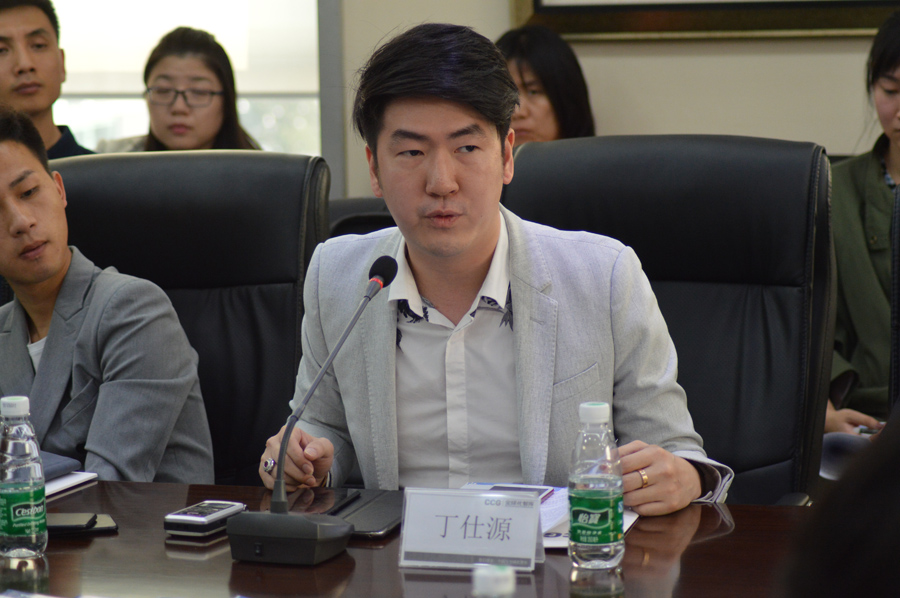
Ding Shiyuan, the founder of DDLife, expressed his gratitude to the society at the seminar. To his mind, their success more lies in luck and the support of the whole of society. The post 90s entrepreneurs should consider fully the advice given by more experienced entrepreneurs and develop more sustainable strategy for business development.

Fu Miao, the CEO of Galaxy Internet, also believes that the post 90s entrepreneurs are more confident and courageous than entrepreneurs of previous generations. In his mind, these owe to the enhancement of China’s soft power, its status in international society and its confidence in its culture.
Apart from the opinions given by entrepreneurs, Zhang Wenning, the Director of Zhongguancun Multimedia Creative Industry Parking introduced the services the Industry Park could offer to the post 90s entrepreneurs. Kang Yong, the chief economist of PWC also showed support of the current policy of innovation and entrepreneurship.
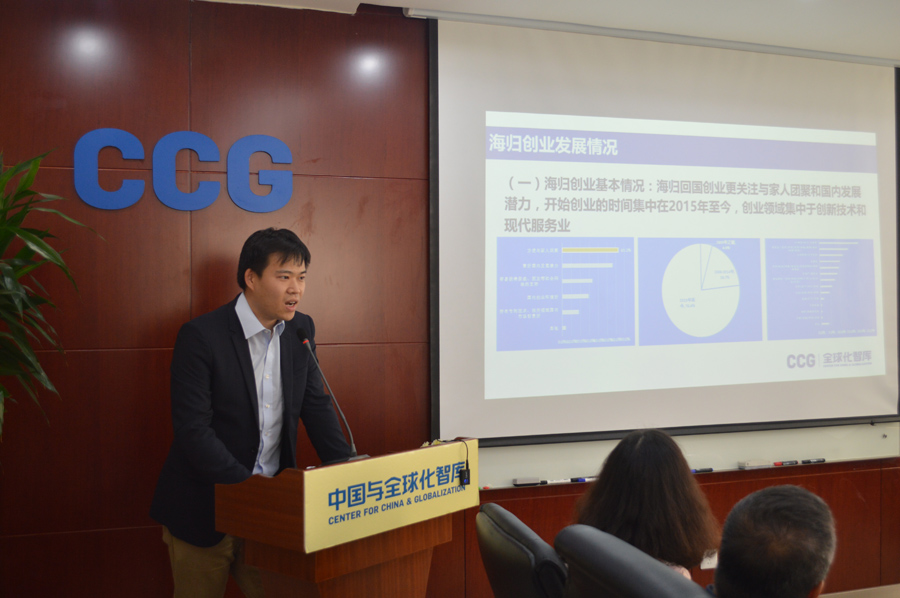
At the end of the seminar, as a leading social think tank in studying the post 90s entrepreneurs, Li Qing, the Associate Researcher of CCG, demonstrated the latest research results of CCG on innovation and startups, including Report on Employment& Entrepreneur of Chinese returnees 2017 and Report on Entrepreneur& Innovation of Chinese university students 2017. Report on Entrepreneur& Innovation of Chinese university students 2017 offers advice to the government, universities and society to boost entrepreneurship in university students. Report on Employment& Entrepreneur of Chinese returnees 2017 focuses on the career development of Chinese overseas returnees and analyzes the issues in their employment and development of new business.
LocationBeijing
